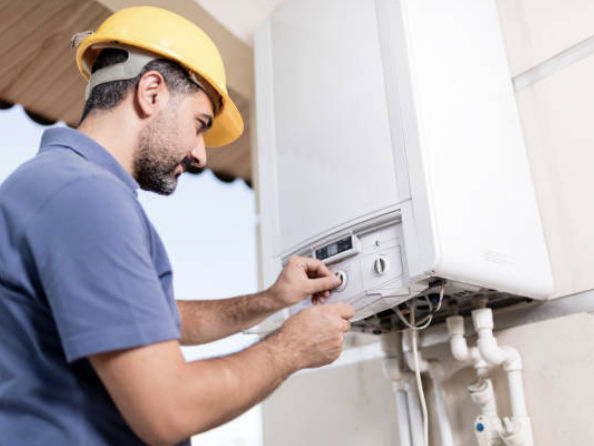Boilers can lose pressure for a variety of reasons. The most common reason is a leak in the boiler itself. Other causes can include an issue with the pressure relief valve or a problem with the expansion tank. If your boiler loses pressure, it’s important to find the cause and address it as soon as possible. Otherwise, you could end up with no heat or hot water in your home.

If you have a boiler that uses pressurized water to heat your home, then you know that one of the most frustrating things that can happen is when it starts to lose pressure. Not only does this mean that your home won’t be as warm as it should be, but it can also be dangerous if the pressure gets too low. So what causes boilers to lose pressure, and what can be done about it?
Leak in the boiler
There are a few different reasons why boilers can lose pressure. The most common one is simply a leak in the boiler itself. If there is a crack or hole in the boiler, then water will start to escape, and the pressure inside the boiler will drop. This can happen over time as the boiler ages, or it can be caused by something sudden, like a bang or a jolt. If you think that your boiler might have a leak, then you should call a professional to come and take a look.
Issue with pressure relief valve
Another reason for pressure loss is an issue with the pressure relief valve. This valve is designed to open if the pressure inside the boiler gets too high, and this can sometimes happen if the boiler is turned up too high, or if there is a blockage in the pipe. If you think that the pressure relief valve might be the problem, then you should call a professional to come and take a look.
Problem with the expansion tank
Finally, another potential cause of pressure loss is a problem with the expansion tank. This tank is used to store excess water that is generated when the boiler heats up. If the tank is not big enough, or if it leaks, then this can cause the pressure inside the boiler to drop. If you think that this might be the problem, then you should call a professional to come and take a look.
Troubleshoot the issue
It can be quite easy to know if your boiler is losing pressure. If your boiler shows an F1 Boiler Fault Code it means that it is losing pressure.
If you experience boiler pressure loss, there are a few things you can do to troubleshoot the issue. First, check the pressure gauge to see if it is reading correctly. If the gauge is reading properly, then the problem may be with the fill valve. Make sure that the fill valve is open all the way and that there is no blockage preventing water from entering the boiler. If the fill valve is not the problem, then it is likely that there is a leak in the system. Check all of the pipes and fittings for any leaks and repair them as necessary.
Tips on maintaining your boiler
It is important to keep your home comfortable and ensure that your heating system runs efficiently. There are a few simple things you can do on a regular basis to keep your boiler in good working condition. First, make sure that the thermostat is set to the correct temperature. Adjusting the thermostat even a few degrees can make a big difference in how much energy your boiler uses. Second, bleed the radiators on a regular basis to remove any air bubbles that may have gotten into the system. This will help improve heat transfer and prevent your boiler from having to work harder than necessary. Finally, have your boiler serviced by a qualified technician at least once per year. This will help ensure that all of the parts are in good working order and that there are no potential problems that could cause your boiler to break down.
By following these simple tips, you can keep your boiler running efficiently for many years to come.
You may be interested in: 6 Tips for Finding an Industrial Hydrogen Valve Supplier

